NEC acknowledges the ancestral and unceded territory of the Coast Salish Peoples, including the host Nations xʷməθkwəy̓əm (Musqueam), Skwxwú7mesh (Squamish), and səl̓ílwətaʔ/selilwitulh (Tsleil-Waututh) Nations.

Program Description
The Certificate in Indigenous Land Stewardship at NEC is designed for individuals looking to enhance their understanding of Indigenous epistemology in being a steward of the land. This program equips students with holistic understandings of Indigenous World views and Western methodology to meet Indigenous issues with action. The students will gain confidence in their leadership skills and have enhanced understanding of the power of interconnecting Indigenous ecological knowledge and practice with being a steward of the land. The program contains lectures, discussion groups, class activities, field trips, guest speakers and field study experiences. Students within the Indigenous Land Stewardship program are encouraged to bring their Indigeneity and/or Allyship to explore the interdisciplinary opportunities of healing the land.
Program Highlights
- Duration: 32 weeks
- Delivery Method: On-campus, and Asynchronous On-line
NOTE: Asynchronous distance delivery means that students and instructors do not meet in ‘real time’. There is no live video lecture portion of the program. Students in a program or course that is delivered asynchronously may move through assignments at their own pace, supported by online resources such as recorded lectures, reading material, assignments, and discussion groups. However, coursework and assignments follow the same weekly schedule as the regular program. - Fall Intake 2025 :
– On-campus
– Online Asynchronous - Winter intake 2026:
– On-campus
– Online Asynchronous - Schedule for on -campus: M – F 9:00 am to 12:00 pm and 1:00 pm to 3:00 pm.
Career Opportunities
The Indigenous Land Stewardship (ILS) Program offers students career preparation in land and resource management as well as a gateway to higher education. This one-year certificate program consists of ten courses rooted in Indigenous knowledge of land, community, and ecology.
Learning Outcomes
Upon completion of this program, the successful student will have reliably demonstrated the ability to:
1) Apply Indigenous principles of stewardship to land and resource management
2) Practice skills from multiple knowledge systems (Indigenous and Western scientific) for respectful cross-cultural engagement
3) Contribute to the design, planning and development of projects on Indigenous and other lands that address environmental challenges
We are committed to providing a welcoming and culturally safe environment where students can thrive on their educational journey.

Authentic Indigenous Academic Programs and Curriculum
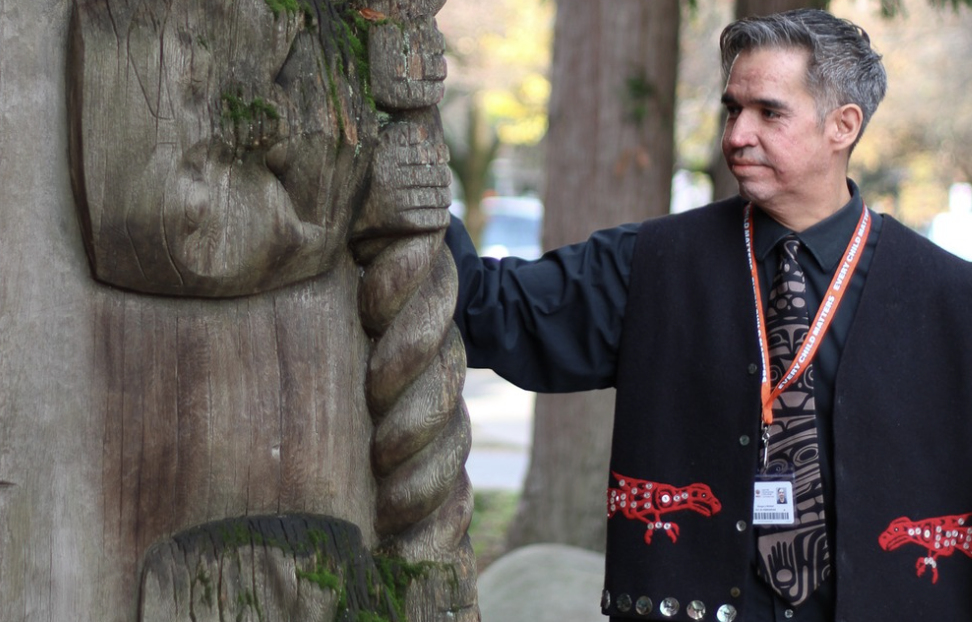
Prevention of Genocide - Critical and Cultural Thought Processes
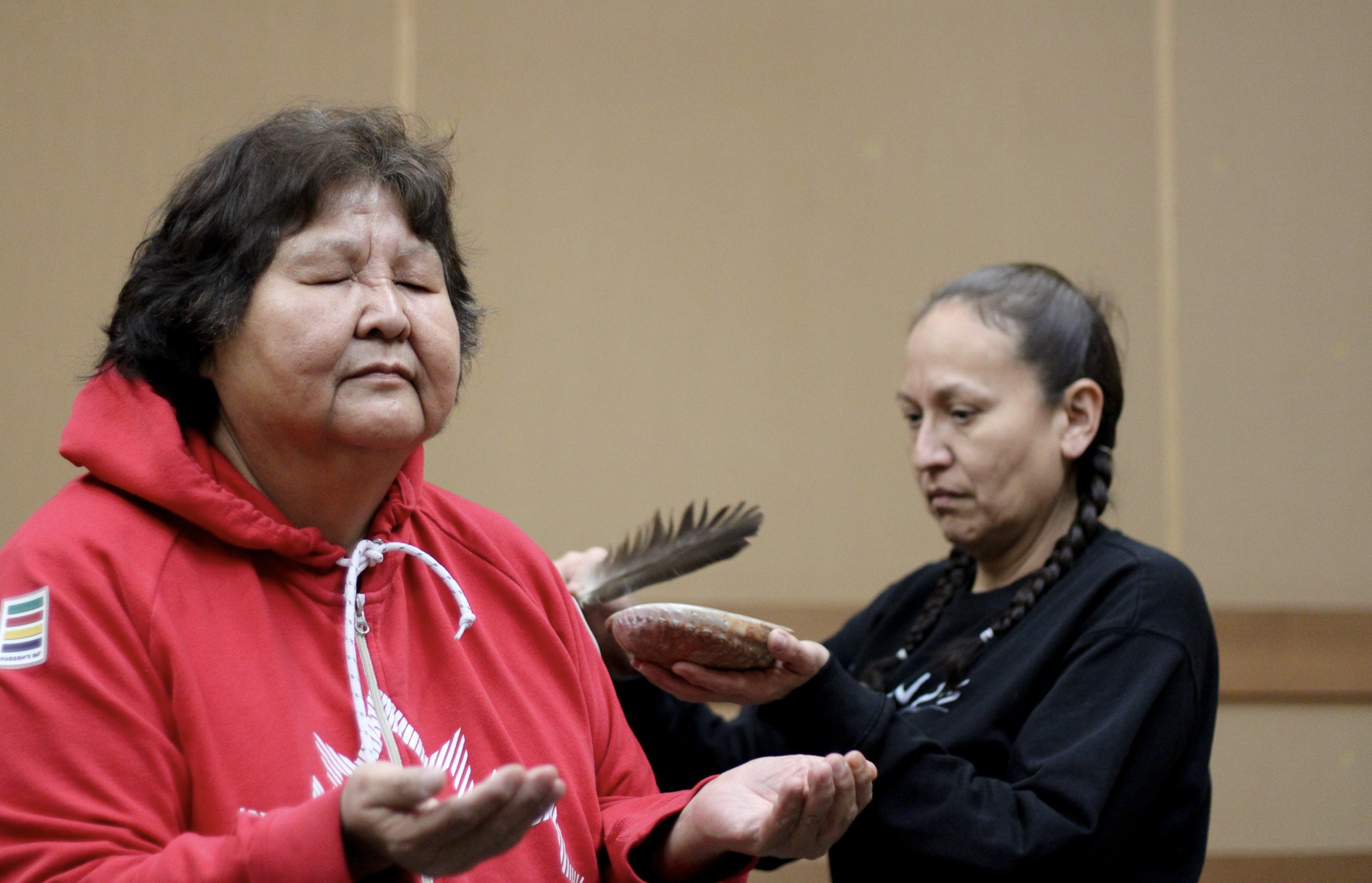
Holistic Wrap Around Supports
Course Offerings
| ILS 100 | Introduction to Land Stewardship |
| ILS 110 | Academic English |
| ILS 120 | Indigenous Environmental Knowledge |
| ILS 130 | Ecosystems |
| ILS 140 | Climate Crisis Strategies |
| ILS 150 | Indigenous Governance, Law and the Environment |
| ILS 160 | Contemporary Issues in Indigenous Land Stewardship |
| ILS 170 | Contemporary Issues in Indigenous Land Stewardship |
| ILS 180 | Field Studies – Contemporary Indigenous Mapping |
| ILS 190 | Field Studies – Community-Based Planning |
Admission Requirements
Highschool Admission
- Grade 12 Diploma or Equivalent
- English 12 “C” grade or higher
- Letter of Intent
- 18 years or older
- Completed written assessment with “C” grade or higher
- Accuplacer reading 240 Writing 240
tuition and fees
| Tuition: | $5,800 | |
| Application Fee: | $150 | |
| Administration Fee: | $150 | |
| Text Books: | $620 | |
| Other: | $387 | |
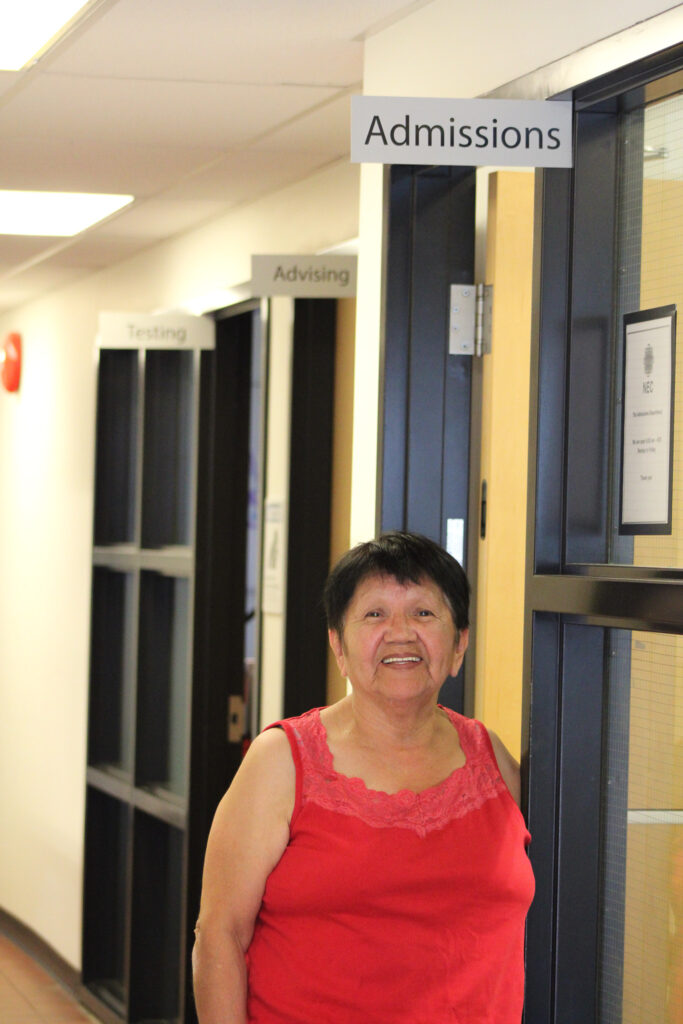
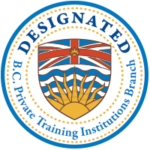
This program has been approved by the Private Training Institutions Regulatory Unit (PTIRU)of the Ministry of Post-Secondary Education and Future Skills. https://www.privatetraininginstitutions.gov.bc.ca/
Longhouse Values
These original laws are embedded in every aspect of our House. They invite cultural identity and selfdetermination of Indigenous Peoples, which empowers learners to advance their unique personal and educational goals.
- Diversity
- Respect
- Understanding
- Gratitude
- Accountability
